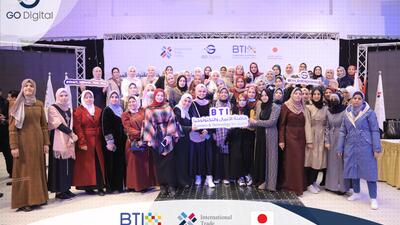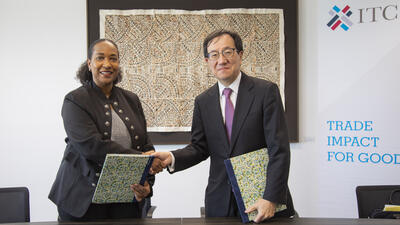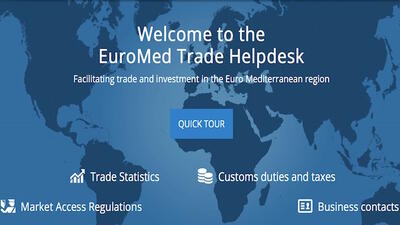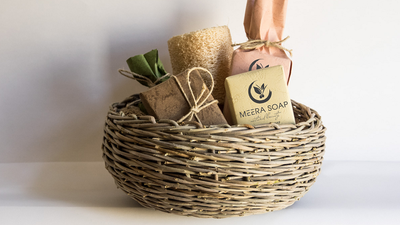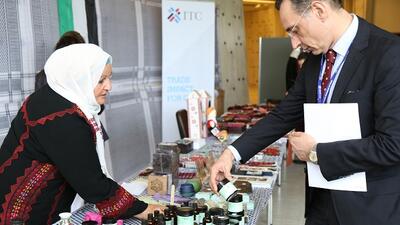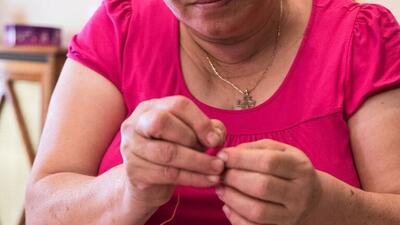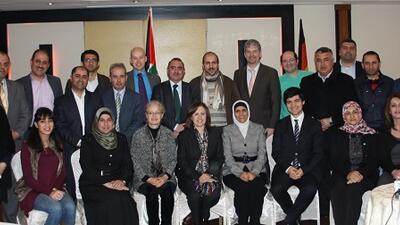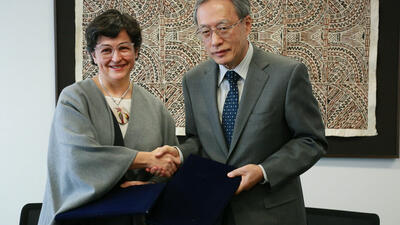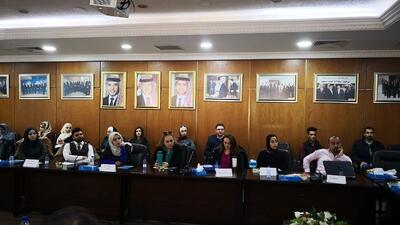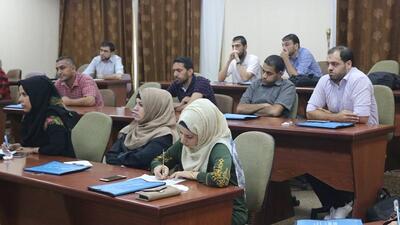
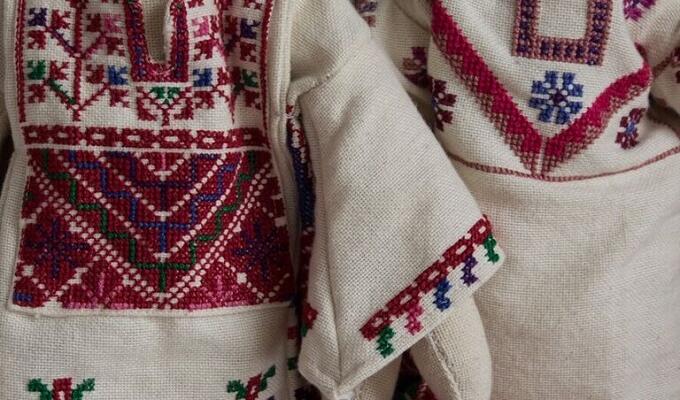
Una empresa juguetera palestina vende cuatro mil muñecas tras su rediseño
For one businesswoman in the State of Palestine, tradition translates into trade.
Hilana Hussein’s company Rotem Toys has sold more than 4,000 dolls wearing outfits inspired by traditional patterns, after receiving training from the International Trade Centre (ITC).
Hussein gained the skills to upgrade the design and quality of her dolls under the Enhancing Women SME Development in the State of Palestine (EWED) project, implemented in partnership with the Business Women Forum in the State of Palestine.
The project is designed to improve the competitiveness of women-owned small and medium-sized enterprises (SMEs) to sell in international markets.
‘My participation in this project was extremely fruitful,’ Hussein said. ‘ITC was with me step-by-step until the end, and now I have my products displayed in special corners in the best stores.’
Previously, Hussein had worked on a collection of plush toys – made of low-cost fabric, glued eyes and decorative coins – inspired mainly by Disney and Pixar characters. Export to international markets was not possible because the toys would face quality and copyright issues, as well as competition from cheaper, higher-quality products made in China and in other countries.
Through the EWED project, Hussein connected with a doll designer in New Zealand who sells doll patterns online. The designer gave Hussein permission to use her pattern and expressed enthusiasm about future opportunities for collaboration.
While the doll body has remained the same, accessories differ by town, region and country. Following ITC recommendations, Hussein has begun using recycled embroidered dresses to also create a line of doll dresses, and she has developed a drawstring cloth backpack for the doll to be sold in.
After participating in the EWED project, the reputation of her products has improved, Hussein said. She has seen sales increase from using high-quality raw materials, so she has decided to no longer produce dolls of lower quality.
Hussein said she is receiving positive reviews from people, especially children, on her new dolls. As a mother of four children, Hussein is the breadwinner and looks forward to providing them with a better future.
She has recently hired two women for full-time positions, in response to increased production.
The EWED project has provided advisory services to 21 women-owned businesses, including Hussein’s, to enable them to improve their competitiveness. After assessing supply-side and training needs, 15 of the 21 businesses received customized advice and capacity building to diversify production, improve product quality and design, and upgrade business and strategy plans to better meet buyers’ needs.
By facilitating their participation at various international exhibitions and trade fairs, ITC has also helped women-owned businesses make trade contacts and connect to potential international buyers.
‘We see the fruits of our continuous work, and we are expecting increased sales,’ said Eman Besaiso, ITC project manager. ‘Access to new markets is our goal. We will help our beneficiaries to increase their incomes and help other women to get jobs.’




